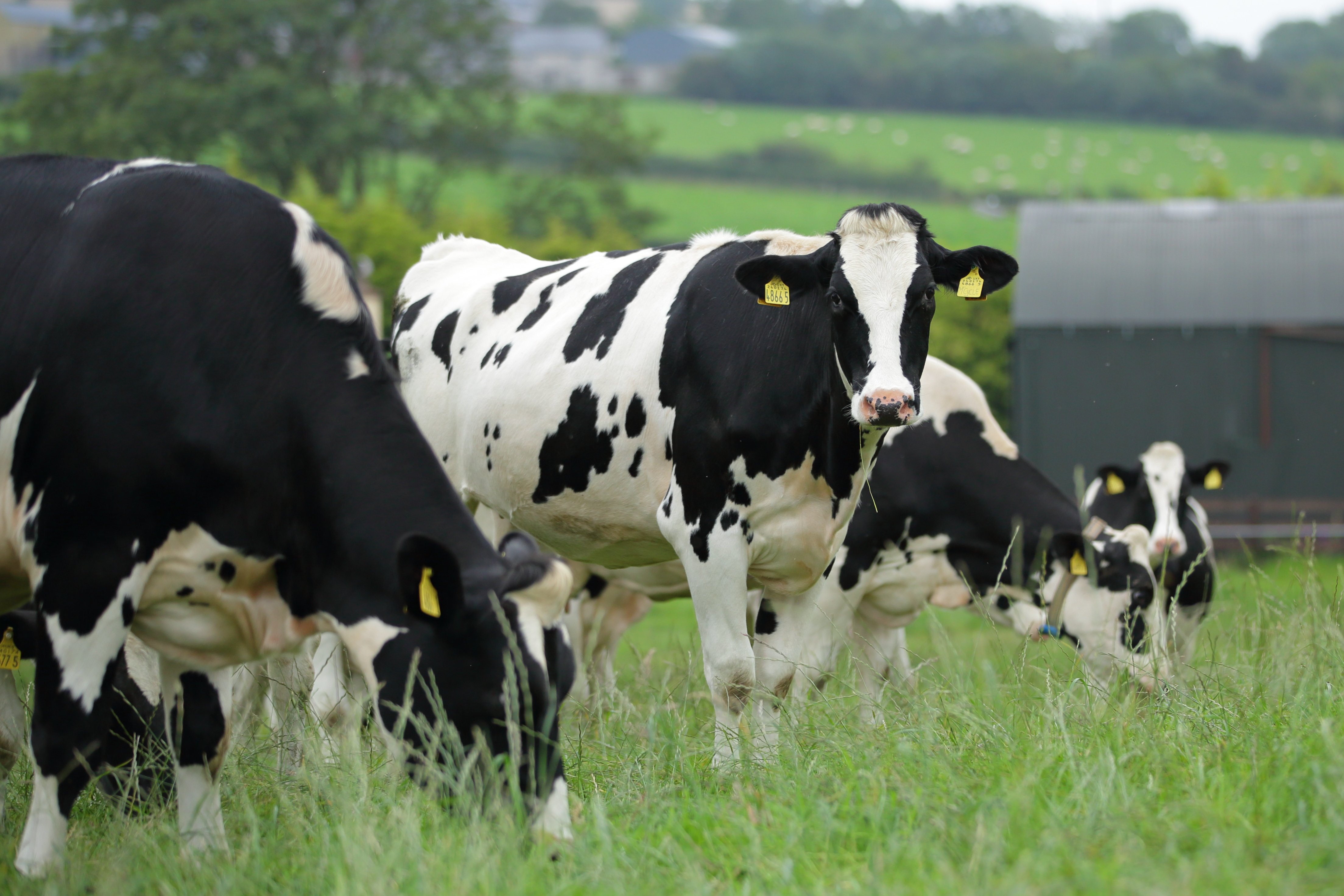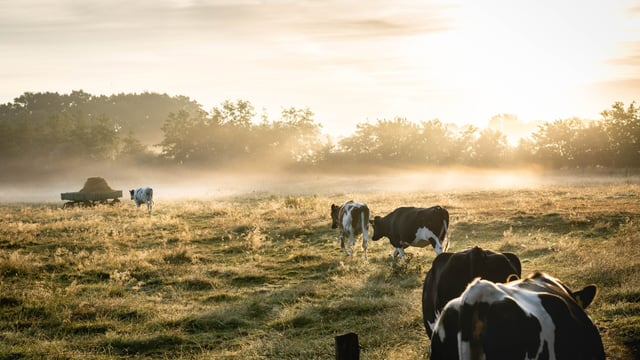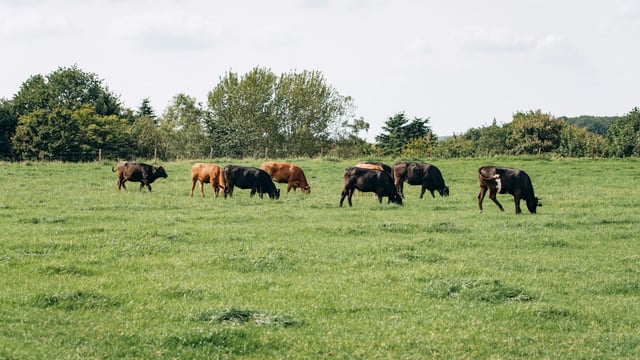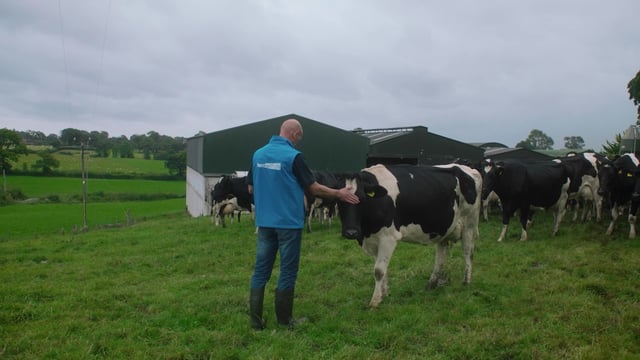EU must support Irish effort to eradicate bovine TB - MEP
The European Commission needs to support Ireland's efforts to achieve bovine tuberculosis (TB) free status in the coming years, according to an Irish MEP.
Midlands-North West MEP Maria Walsh said that bovine TB is "a modern day reality for many Irish farmers".
Speaking ahead of a debate on animal health in the European Parliament today (Tuesday, October 22), the Fine Gael MEP said that the increase of bovine TB is a major concern for farmers across Ireland.
The Irish Farmers' Association (IFA) Animal Health Committee chair, TJ Maher previously stated that TB reactor numbers are predicted to hit 40,000 this year.
Walsh, who is a member of the European Parliament’s Agriculture Committee, said that although many people might thing of TB as a thing of the past, bovine TB is "a modern-day plague for many Irish farmers".
"The incidence rate has been on the increase since 2016, resulting in over 32,000 animals being impacted and over 5,000 herds placed under restriction.
“With our current infection numbers, Ireland is an outlier in Europe. 17 EU member states are now completely free from infection, with an additional three infection-free in part of their territory.
"This is an issue not only impacting the viability of our agriculture sector but also the reputation of our industry internationally," she said.
The Irish MEP noted that the dairy sector is "particularly vulnerable to TB" as it accounted for 38% of impacted herds and 65% of infected animals last year.
“The constant fear of infection lingers over farmers, adding to a long list of worries for those in the agriculture sector.
"Along with the logistical nightmare presented by a case of TB, the financial costs associated with the loss of a herd can be devastating for family farmers. In 2021, direct costs of bovine TB were estimated at €105 million.
“Given the elimination of bovine TB is a priority for the EU, I believe the European Commission should focus attention on the few member states where TB still persists.
"I propose the creation of a specific plan to eradicate the infection in these countries, based on the learnings from other EU member states which have been successful in this goal.
"The plan should take into account the special case of Ireland’s agricultural sector given our shared border with the UK and the impact that has on the single market," she said.






